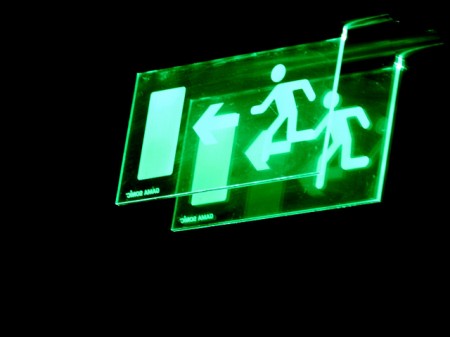
Perversely, it took a state of emergency to have Syria’s 48-year-old emergency rule removed. But although this had been a key demand of the protesters, the move is now seen as too little too late. In many ways, the situation is reminiscent of the events early February, when Egypt’s President Hosni Mubarak’s vague promises of reform were only salt in the wounds of the crowds on Tahrir Square.
A state of emergency derives from a governmental declaration in response to an extraordinary situation posing a fundamental threat to the country. Too often, however, dictatorial regimes misuse such rules for self-serving purposes: they introduce unwarranted restrictions on human rights and civil liberties, neutralize political opponents or postpone elections. There has also been a tendency to maintain states of emergency long after the original reason for its proclamation has disappeared. The result is a constitutional dictatorship.
With the turmoil in the Arab world, it’s easy to lose track of where emergency laws still apply. Here’s a brief overview of some of the recent changes:
